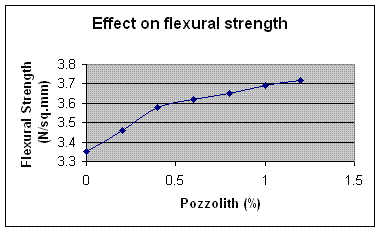|
Civil Engineering HORIZON |
|||||||||
|
|
|||||||||
|
|
|||||||||
|
Featured Links |
EFFECTIVE APPLICATIONS OF RETARDING ADMIXTURE TO IMPROVE THE PERFORMANCE OF CONCRETE IN HOT WEATHER Syed Khaleeq AhmadCONCLUSIONS Concreting in hot weather is a challenge to the construction industry. On the basis of the results obtained in this study there is a clear indication of improvement in the properties of fresh and hardened concrete under hot weather conditions. This study provides a basis for producing economical concrete mixes with a high workability, high strength and low water-cement ratio. The addition of Pozzolith will also reduce the water required for the curing of concrete. The retardation of the initial setting will play an important role in placing the concrete as well as the transport of concrete from the ready-mix plant to the construction site. There will be great saving of precious potable water, which is in high demand in countries with high temperatures for most of the year. It will help to prevent the cold joints. It can be predicted that the chances of corrosion will also be reduced, as the water retained in the core will be small.
Abstract Introduction Methodology Result Discussion Conclusions References
Other Sections Structural Engineering Geotechnical Engineering Construction Materials Water Resources Engineering Transportation Engineering Environmental Engineering Construction Technology & Management Quantity Surveying Professional Issues
External Links (papers published in other journals) Research papers in civil engineering
All the civil engineers (academicians, professionals, researchers, students) are invited to contribute. They can submit their technical paper/essay/news item and any other interesting information to horizon@webinfolist.com Please submit your articles in MS-word format and picture, figures, photos etc in .jpeg format. Guidelines for preparation of technical papers are available at Instructions to Authors Disclaimer: The news, views and analysis published in the technical papers/essays are totally from the authors and website is not responsible for them.
Join the mailing list to get informed about latest publications Last updated on Thursday November 29, 2012
|
||||||||



